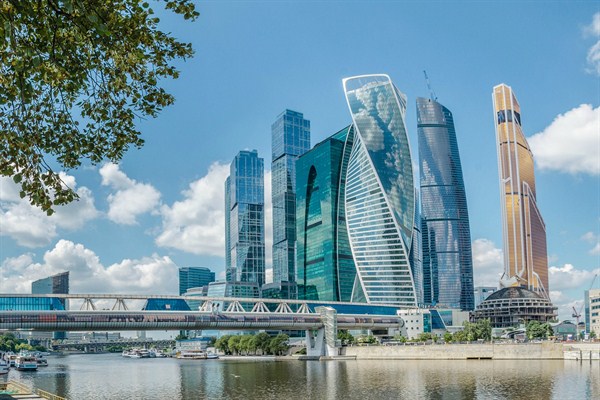In late 2013, in a highly publicized address to the Chinese Communist Party’s plenum, Chinese President Xi Jinping announced that his newly elected government would unleash the private sector after decades of gradual economic reforms that left many of China’s biggest industries in the hands of state-owned giants. Market forces, rather than the state, would now play a “decisive role” in the Chinese economy, Xi declared, a line touted by Chinese and foreign media. The declaration represented a major shift: State-owned enterprises consumed the majority of lending from China’s four big banks, and dominate the list of the largest corporations in the country. State enterprises control about 30 percent of all assets in the country, according to one study cited by the World Bank.
In late 2013 and early 2014, Xi and Chinese Premier Li Keqiang announced more specifics of how they planned to help market forces play that decisive role in the Chinese economy. They trumpeted land reforms designed to make it easier for rural Chinese to sell their land, changes that would allow some state firms to go bankrupt and be liquidated, quicker approval processes for Chinese entrepreneurs and for potential foreign investors, an opening up of some energy projects to private companies, and an end to state-mandated prices in some sectors. The two men promised that private companies would be treated equally, before the law, as state-owned Chinese firms, the first time any Chinese leaders had made such a pledge.
In September 2015, Beijing announced more proposed reforms, including plans to push state companies to sell public shares, giving boards of state enterprises more independence, and loosening restrictions on hiring and salary for state firms in order to attract better management talent from the private sector, among other changes.

